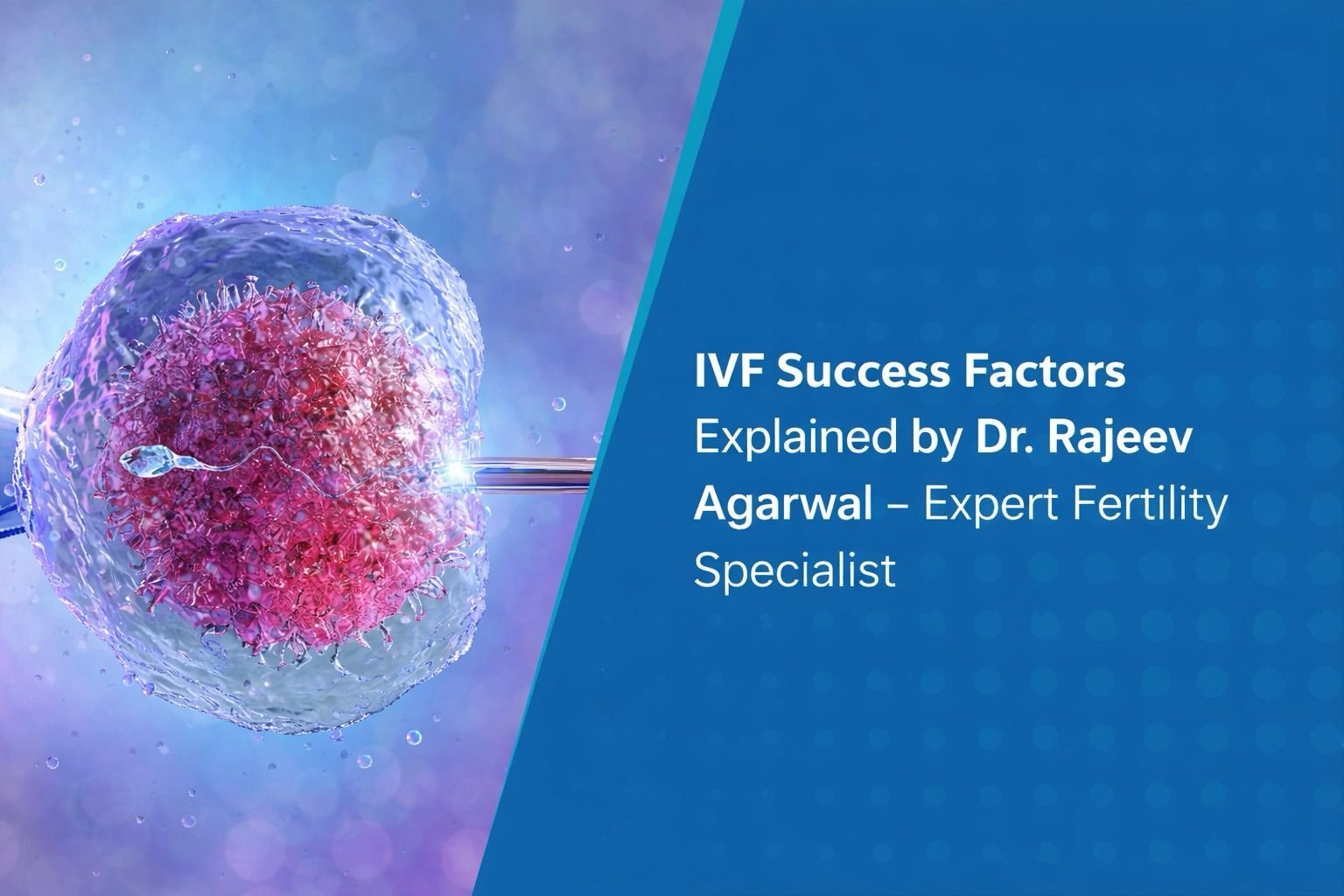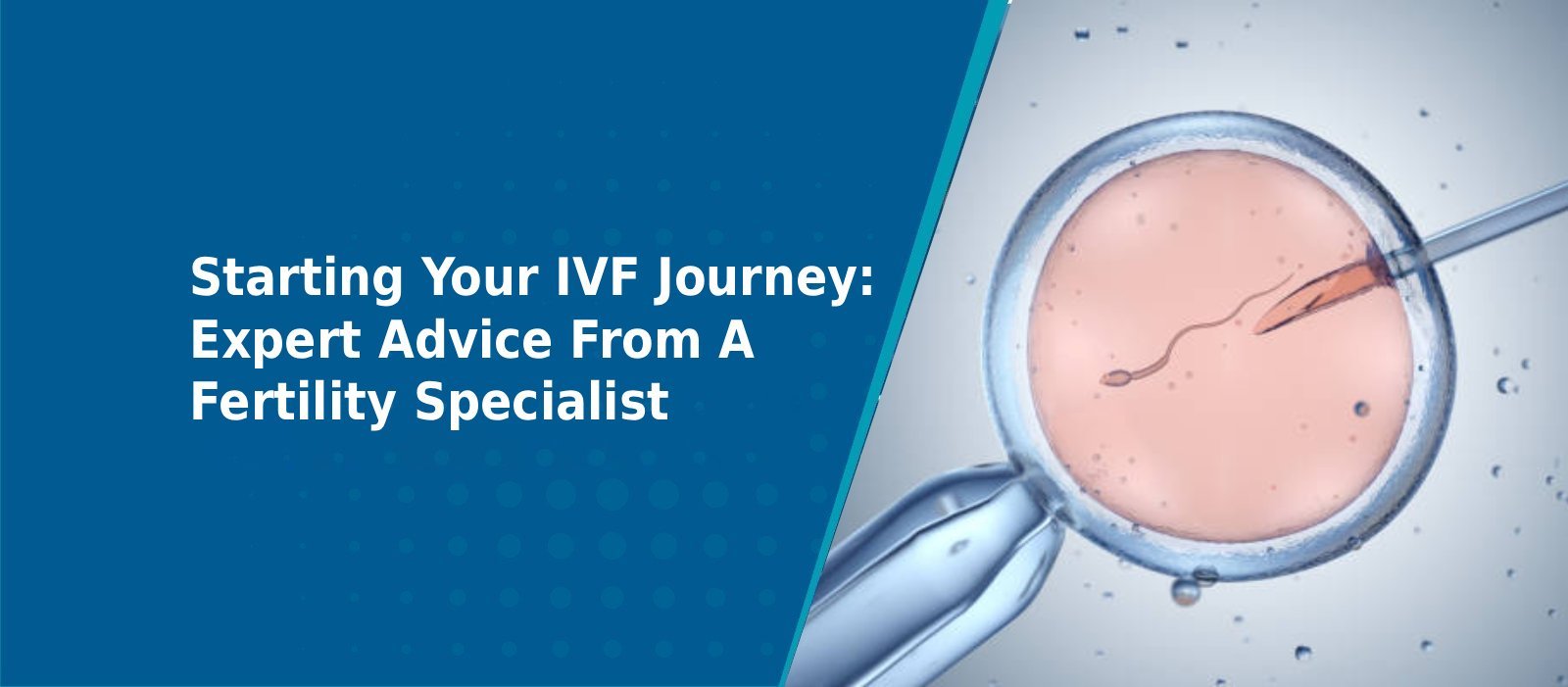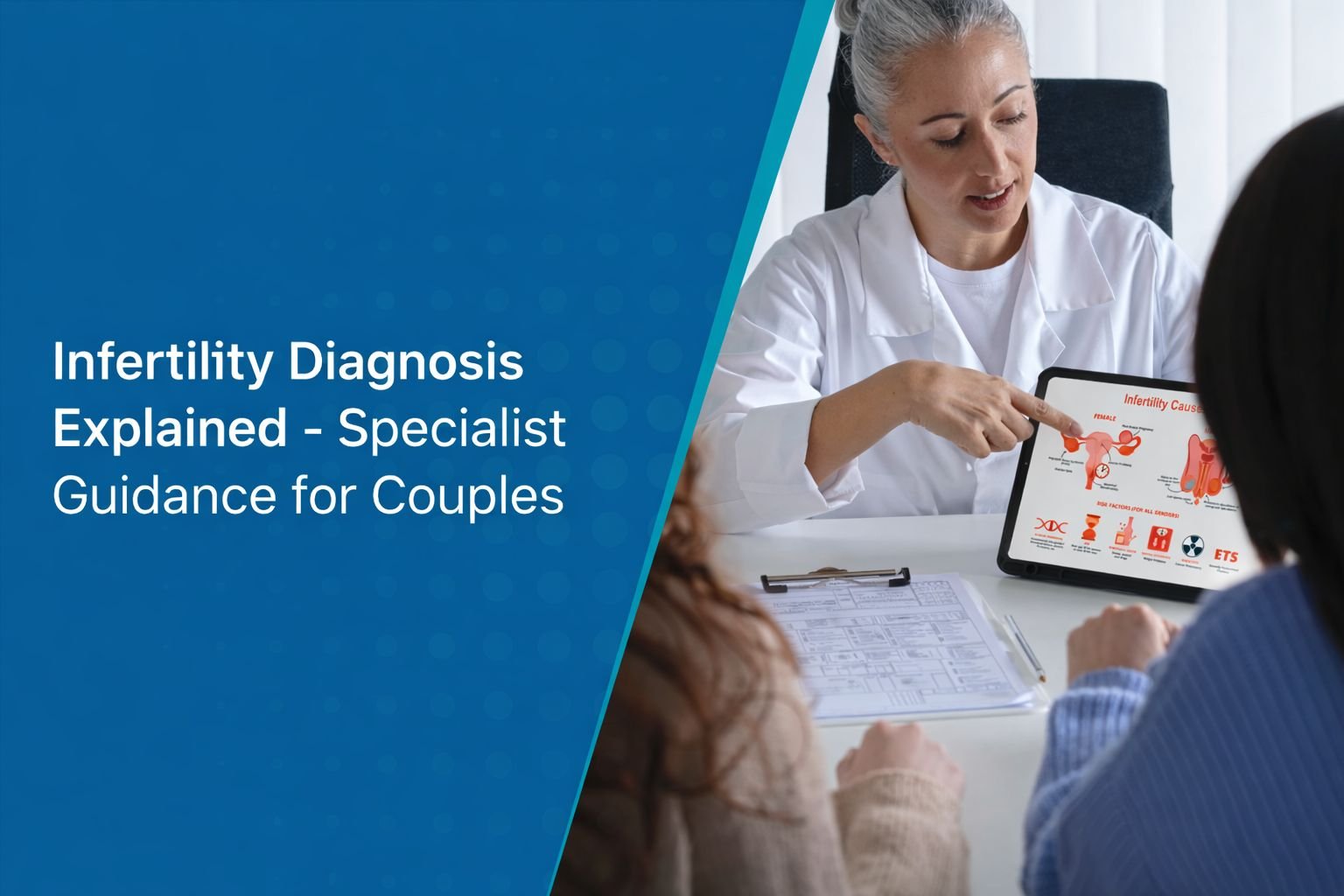
Menopause Wellness: A Holistic Approach to Thriving in the Golden Years
Menopause is a transformative phase in a woman’s life—an end to her reproductive years and a gateway to a new chapter of self-discovery and care. While it’s a natural biological process, its physical, emotional, and hormonal changes require a proactive approach.

Talk to us about
Why me? How am I different?
Planning Ahead
We believe in helping our patients plan ahead as learning about your fertility should not come at the last minute.
Holistic Approach
We understand that there are many factors from our lifestyle to our medical history to our genetics that can affect our fertility. Our comprehensive fertility consults take all this into account during discussions.
Personalised
Fertility and pregnancy look different for everyone so we are focused on providing care that is built around you.
Advanced Science
Our care is rigorously founded on the latest advancements in fertility, leaving no room for anything less. No gimmicks, or false hope, just evidence-based advanced care.
Frequently Asked Questions
Menopause marks the permanent cessation of menstruation for 12 consecutive months, signaling the end of ovarian function and fertility. It is a milestone that occurs due to the depletion of the ovarian reserve, resulting in a decline in estrogen and progesterone levels produced by the ovaries.
The average age for menopause is 51 years, with most women experiencing it between 45 and 55 years. However, it can occur earlier or later due to:
- Early Menopause: Before age 40, often linked to genetics, autoimmune diseases, or medical treatments like chemotherapy.
- Late Menopause: After 55, typically influenced by genetics and overall health.
If you’re struggling to conceive, seeking fertility support can be incredibly helpful. Here’s how to start:
- Consult a Specialist:
- Book an appointment with a fertility expert to evaluate your reproductive health.
- Tests may include hormone level assessments, ultrasound scans, and semen analysis.
- Join Support Groups:
- Connect with others who share similar experiences through in-person or online communities.
- Utilize Technology:
- Fertility tracking apps and teleconsultations can provide valuable insights and convenience.
- Seek Emotional Support:
- Consider counseling to cope with the emotional challenges of fertility issues.
Menopause symptoms can vary greatly, affecting each woman differently. Common signs include:
- Vasomotor Symptoms: Hot flashes, night sweats, and chills.
- Emotional Changes: Mood swings, irritability, anxiety, and depression.
- Physical Changes: Weight gain, slowed metabolism, fatigue, and joint stiffness.
- Reproductive Health: Vaginal dryness, discomfort, and decreased libido.
- Cognitive Effects: Difficulty concentrating and memory lapses.
- Other Changes: Sleep disturbances, thinning hair, and dry skin.
- Knowledge is Power:
- Educate yourself about what to expect during menopause. Awareness can alleviate fears and help set realistic expectations.
- Health Check-ups:
- Schedule regular screenings for bone density, cholesterol, and cardiovascular health to catch potential issues early.
- Support Systems:
- Connect with friends, family, or menopause support groups to share experiences and gather advice.
- Personalized Wellness Plan:
- Collaborate with a healthcare provider to tailor a plan addressing diet, exercise, mental health, and medical needs.
- Prioritize Self-Care:
- Carve out time for hobbies, relaxation, and activities that bring joy.
Adopting healthy habits can significantly ease the transition:
Nutrition for Wellness
- Bone Health: Load up on calcium-rich foods like dairy, almonds, and leafy greens.
- Hormonal Balance: Incorporate phytoestrogen-rich foods such as flaxseeds, soy, and legumes.
- Trigger Avoidance: Reduce intake of caffeine, alcohol, and spicy foods that may exacerbate hot flashes.
Fitness and Movement
- Bone Strength: Engage in weight-bearing exercises such as walking, dancing, or resistance training.
- Mood Boosters: Aerobic activities like swimming and yoga can alleviate mood swings and promote relaxation.
Mindfulness and Stress Management
- Relaxation Techniques: Practice mindfulness, meditation, or deep-breathing exercises to reduce anxiety.
- Social Interactions: Maintain strong connections with loved ones for emotional support.
Quality Sleep
- Sleep Hygiene: Create a consistent bedtime routine and avoid screens before bed.
- Comfortable Environment: Ensure your bedroom is cool, dark, and quiet.
Medical Interventions
- Hormone Replacement Therapy (HRT):
- Effective for managing severe symptoms like hot flashes and vaginal dryness. Consult a specialist to weigh the benefits and risks.
- Non-Hormonal Options:
- Medications such as antidepressant drugs can address specific symptoms like severe mood swings, depression and anxiety.
Natural and Alternative Therapies
- Vaginal Health:
- Use lubricants to alleviate dryness and discomfort after consulting your healthcare provider.
- Supplements:
- Calcium and vitamin D for bone health.
- Omega-3 fatty acids to reduce inflammation and support mood stability.
- Holistic Approaches:
- Acupuncture, herbal remedies, and yoga offer symptom relief for many women, though individual results may vary.
Unique Approach To
Your Health Needs
Hot flashes and mood swings were taking over my life. The hormone support I received was a game-changer.

Surabhi
Dr. Rajeev explained everything so clearly—it made navigating menopause a lot less scary.

Jayanti
I feel stronger, more balanced, and more like myself again.

Neeta
The menopause wellness plan addressed my physical and emotional needs. Truly compassionate care.

Chhavi


10K
happy patients

4.9
google ratings


Other Services

Period Pain Relief
Effective solutions for pain-free periods.
- Personalised diagnosis and treatment plans.
- Medication and hormonal therapy options.
- Non-invasive procedures for lasting relief.

Fertility Support
Helping you achieve parenthood with expert care.
- Personalized consultations and assessments.
- Advanced treatments: IVF, IUI, and surgeries.
- Emotional support and state-of-the-art.

Infertility Help
Expert support for overcoming fertility challenges.
- In-depth assessments.
- Integrative treatments.
- Compassionate care.

Fibroid Solutions
Natural solutions to manage and reduce fibroids.
- Herbal and dietary plans.
- Targeted relief.
- Holistic strategies.

PCOS Care
Holistic management for a healthier, balanced life.
- Personalised diagnosis and treatment plans.
- Hormonal and metabolic management.
- Support for fertility and menstrual health.
Essential Resources
In This Article What Do IVF Success Rates Actually
Key Takeaways IVF is one of the most advanced fertility
Key Takeaways Infertility is more common than you think,




